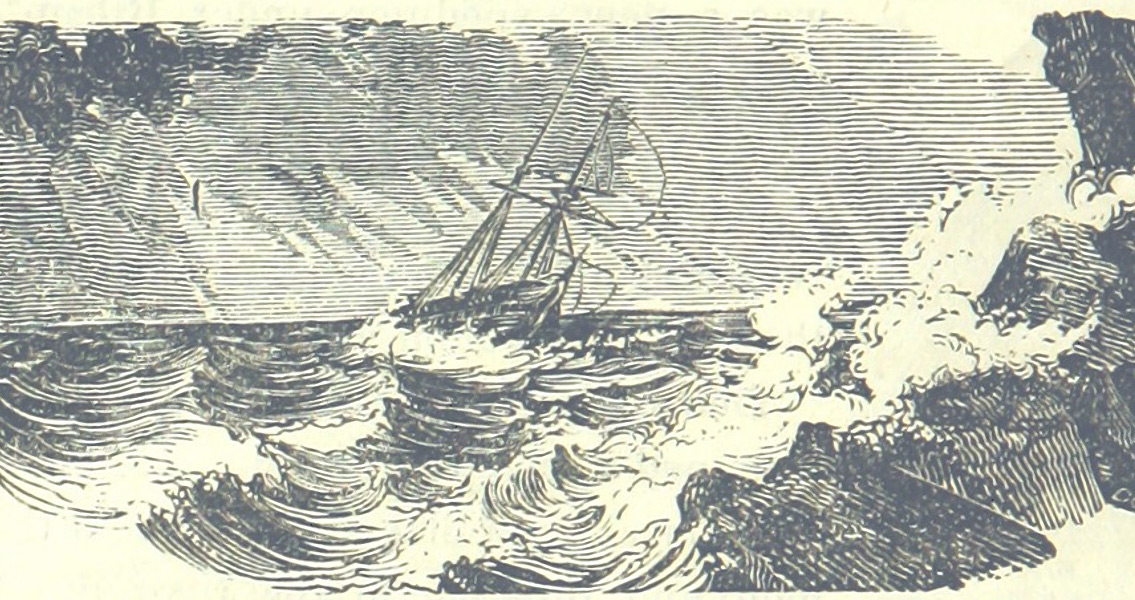<![CDATA[The remains of a 500-year-old sailing vessel thought to be the wreck of the French warship “La Trinite” have been found off the Atlantic coast of Florida somewhere in the vicinity of Cape Canaveral. The wreck, its exact location being withheld from the public to protect the site, may have been the flagship of a French colonization fleet sent by King Charles IX in the middle of the sixteenth century to establish a Protestant colony in the southeastern US. The French navigator who led the fleet, Jean Ribault, commanded the 32-gun flagship, only to lose the vessel and three additional galleons during a hurricane in 1565. Archaeologists have been on the hunt for the ship for a number of years, according to the Associated Foreign Press. If the wreck discovered off the coast does happen to be “La Trinite”, the archaeological and historical implications are high, according to John de Bry, the director of the nonprofit Center for Historical Archaeology. Such a find would be “unparalleled,” he added. Meanwhile, independent archaeologists and representatives from the French government are inclined to believe that the ship resting on the bottom of the Atlantic is indeed “La Trinite”, especially in light of the handful of artifacts recovered from the wreck so far. A trio of bronze cannons were lifted from the briny deep, each bearing markings from Henri II, the king who reigned just prior to Charles IX. Additionally, a stone monument – festooned with France’s coat of arms to be used to lay a claim to the new French territory – was also recovered from the wreck. Meredith Beatrice, the Florida Department of State’s director of communications, stated that these finds are consistent with the lost fleet. The background behind the wreck is tragic. Ribault sailed from Jacksonville, Florida in 1565 – then known as Fort Caroline – to engage Pedro Menendez de Aviles, a Spanish agent sent by King Philip to block the French’s plans to establish a colony. The hurricane that destroyed Ribault’s fleet also masked de Avilez’s overland approach to the now undefended Fort Caroline; Spanish forces captured the camp, putting its French Huguenot captives to death, sparing only the women and children. In the wake of the hurricane, Ribault and his surviving crew that had made it to shore were captured by Spanish forces and subjected to the same grisly treatment. If that hurricane had not taken Ribault and his forces by surprise, the history of Florida might have been quite different, according to de Bry. The colony could have been decisively French, he added, changing the power struggle between France and Spain by a major margin. While the discovery of the wreck – which is almost certainly “La Trinite” by nearly all estimations – has been a source of celebration for state agencies and the French government, the company that actually made the discovery has been less than pleased. Professional treasure hunting outfit Global Marine Exploration (GME) has been blocked from claiming salvage rights, thanks to maritime law that requires warships found in US waters to be the property of the foreign government. GME’s owner Robert Pritchett has been vocally objective to the ruling, considering the three million dollar price tag the expedition has will be all for nothing. Pritchett has publicly called for France to prove the wreck is indeed a military vessel in order to substantiate its claim. ]]>
Shipwreck That Changed History Found off Florida Coast
